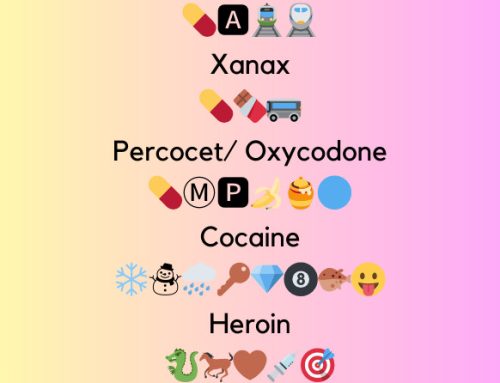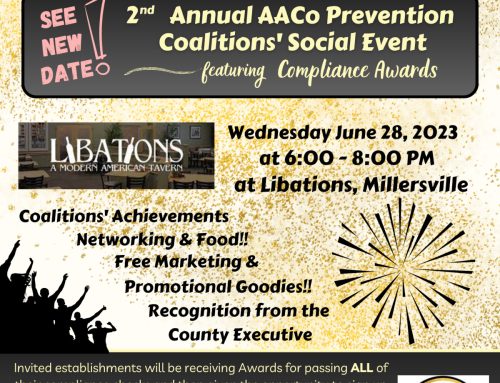
At this gift-giving time of year, lottery scratch off tickets are a popular and easy gift to slip into a stocking or a present. Holiday lottery tickets are designed to be festive, boasting bright colors and clever themes, and creating conversation and competition among family members who receive them.
Many view gifting lottery tickets as harmless fun for any age that adds a touch of excitement in the anticipation of possibly winning money. However, research shows that children who gamble – including the use of lottery scratch off tickets – are four times more likely to become problem gamblers (Felsher, et al., 2010).
There are reasons why the minimum age is 18 to buy a lottery ticket in the State of Maryland:
- Similar to reasons why youth should not use alcohol and drugs at a young age, the risk of problem gambling later in life increases for youth who gamble at a young age.
- Gambling disorders run in families. Children of disordered gamblers are more likely than the general population to have gambling problems themselves later in life.
- Addictions often start as an unhealthy coping strategy for stress or untreated mental health conditions.
- Gambling addictions often co-occur with other addictions such as alcohol, substance misuse, and/or gaming addiction.
- Regardless of the type of addiction, brain scans show the same pleasure centers in the brain light up due to the addiction of a behavior or substance. The brain is what causes youth and adults with addiction to continue the unhealthy behavior.
- Just like cigarettes and alcohol are referred to as gateway drugs, lottery tickets can be a gateway to problem gambling.
- According to the Youth Risk Behavior Survey, 22% of Maryland high school students reported gambling in the last year.
- 2% of Maryland adults are problem gamblers and the percentage of youth problem gamblers is likely higher than 2%.
- Populations at greater risk for problem gambling include males, Hispanics, African Americans, Asians, and those who have been diagnosed with a mental health or substance misuse disorder.
Have the Conversation about Gambling – Tips for Parents:
- Talk to your children about the risks of gambling, similar to conversations about alcohol and drugs.
- Teach your child about budgeting money and odds of winning when people gamble.
- Be a good role model.
- Encourage wellness for your children including healthy eating, sleeping and exercise.
This season give a child a gift, not a ticket. Avoid gifting lottery tickets to any child under 18. And have the conversation with your family about the risks of gambling.
If you, or any one you know, is struggling with problems due to gambling behavior, call 1-800-GAMBLER (1-800-426-2537) for assistance to resources on the road to recovery.
Maryland Center of Excellence on Problem Gambling
250 W. Pratt Street, Suite 1050, Baltimore MD 21201 ~ 667-214-2120 ~ Fax: 410-799-4396
HELPLINE: 1-800-GAMBLER ~ www.mdproblemgambling.com ~ helpmygamblingproblem.org
Sources:
Felsher, Jennifer. Lottery Participation by Youth with Gambling Problems: Are Lottery Tickets a Gateway to Other Gambling Venues? International Gambling Studies, November 2004, 4 (2): 109-125. DOI: 10.1080/14459790412331296956
Maryland Department of Health, Youth Risk Behavior Survey/Youth Tobacco Survey (YRBS/YTS) 2018-2019. https://phpa.health.maryland.gov/ccdpc/Reports/Pages/YRBS2018.aspx
National Council on Problem Gambling. Responsible Gambling Lottery Campaign. https://www.ncpgambling.org/
Tracy, J K, Maranda, L, Scheele, C. Statewide Gambling Prevalence in Maryland: 2017. University of Maryland, Baltimore funded by the Maryland Department of Health, Behavioral Health Administration. https://www.medschool.umaryland.edu/media/SOM/Departments/EpidemiologyandPublicHealth/MD-ProblemGambling/Docs/2017-Gambling-Prevalence-Report-Final-rev-1.21.18.pdf




